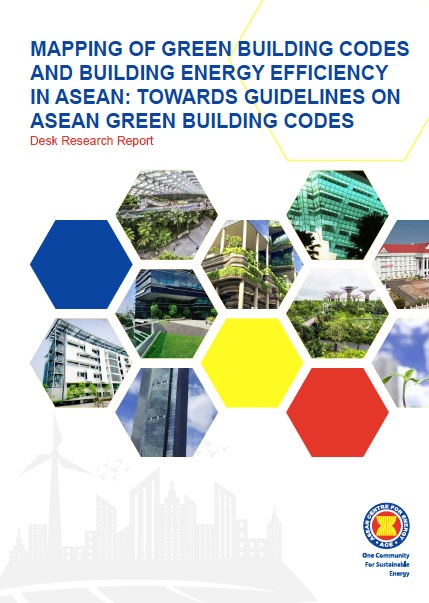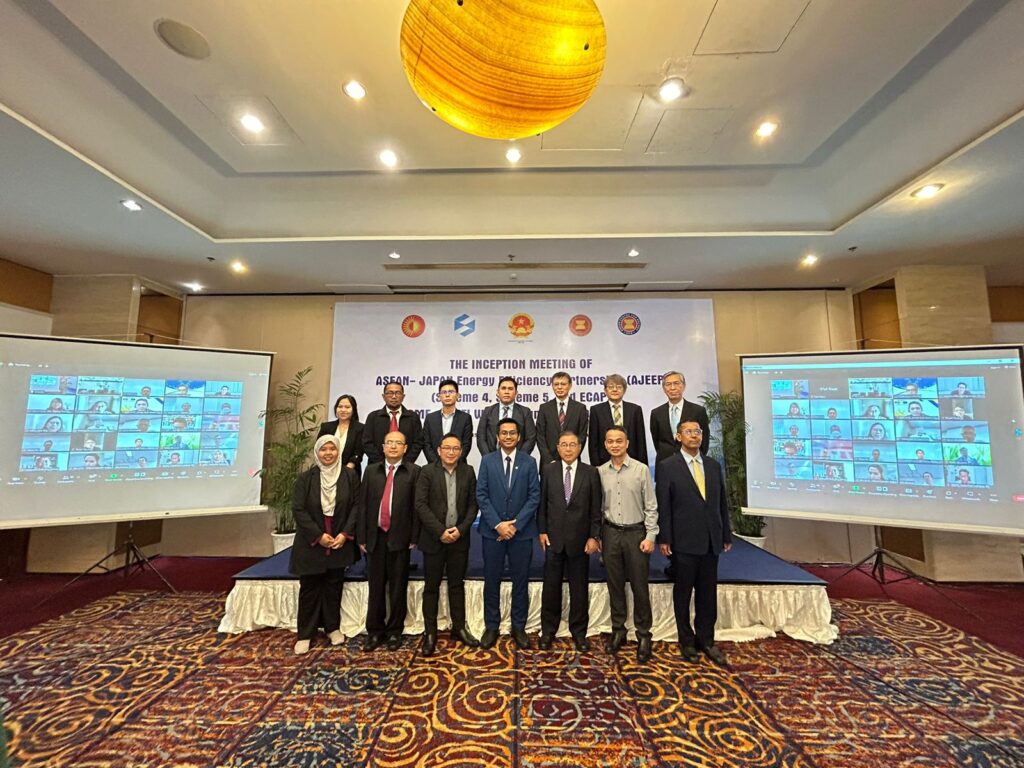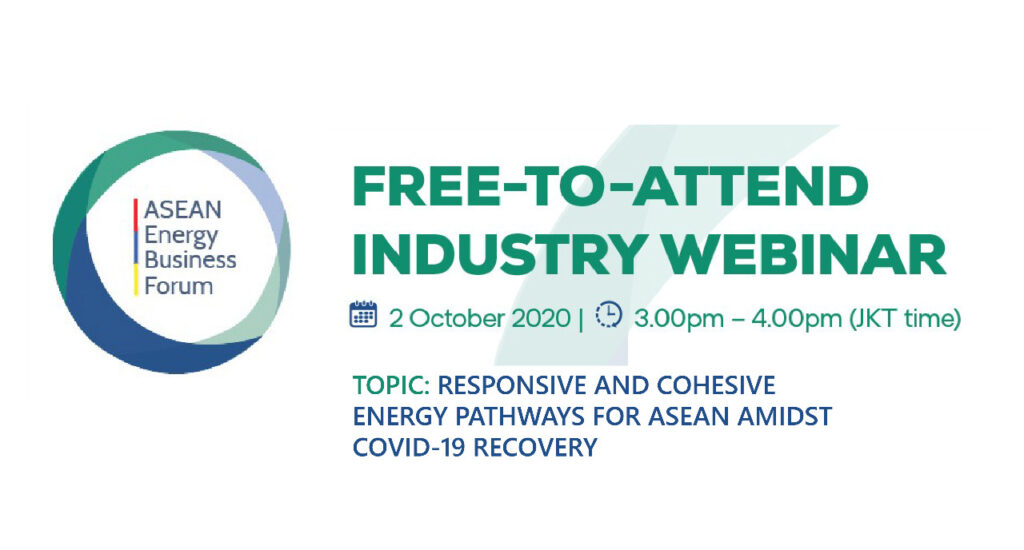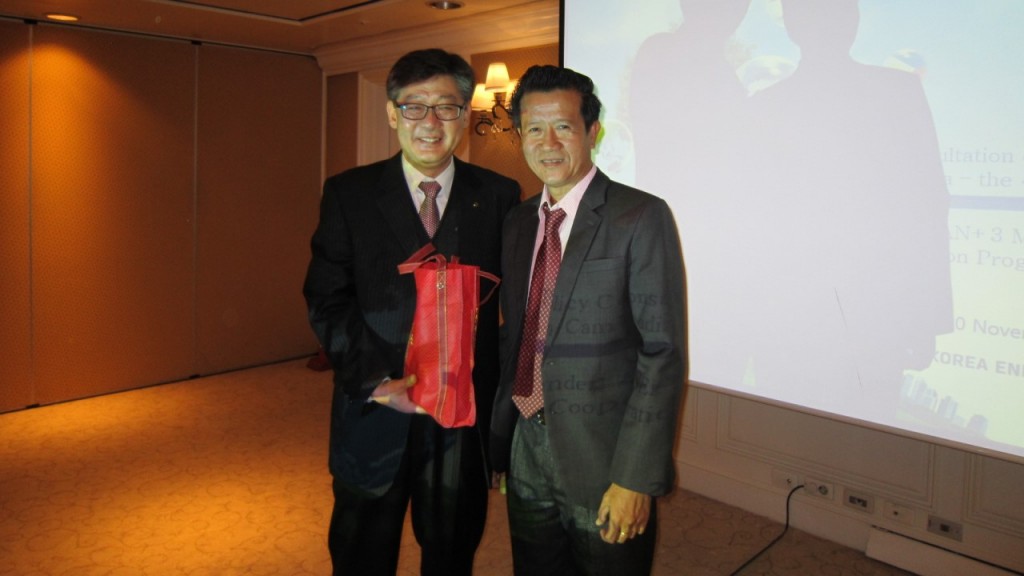Mapping the Project Ideas on Energy-Climate Nexus in ASEAN
According to the Global Climate Risk Index 2021, between 2000 and 2019, Myanmar, the Philippines and Thailand were the ASEAN countries among the top 10 countries that had the most affected by extreme weather events. In which, the total fatalities and losses of these three countries were over 8,000 and 12 billion US$ PPP, respectively. Other ASEAN countries like Cambodia, Indonesia and Vietnam were alarming, too. For instance, Cambodia ranked 14th for the long-term climate risk index; Indonesia ranked 14th for the average fatalities; Vietnam ranked 11th for the average losses due to extreme events.
ARNECC Paper Talks #5

As one of the efforts in continuing ASEAN Researchers Network on Energy and Climate Change (ARNECC), ASEAN Climate Change and Energy Project (ACCEPT) held the fifth ARNECC Paper Talks on 30 July 2021. The main topic is a recent paper: A cross-country comparison of compensation mechanisms for distributed photovoltaics in the Philippines, Thailand, and Vietnam, which published at Renewable and Sustainable Energy Reviews, volume 145. The author of this paper, who is also a researcher at Energy Research Institute, Chulalongkorn University, Dr. Siripha Junlakarn, was one of the speakers, along with Senior Associate at Vietnam Initiative for Energy Transition, Dr. Trinh Hoang. Dr. Siripha Junlakarn comprehensively explained the paper, continued by comments from Dr. Trinh Hoang and questions from the audience. The event was moderated by ACCEPT Research Analyst, Ms. Monika Merdekawati.
A Showroom of Energy and Climate Research in ASEAN Opens for Business

Following the endorsement of the ASEAN Member States at the 19th Annual ASEAN Forum on Coal (AFOC) Meeting held on 28 April 2021, the ASEAN Centre for Energy organized a launching event on 13 July 2021 to further disseminate its new study: “ASEAN CO2 Emissions from Coal-Fired Power Plants: A Baseline Study”.
Launching the ASEAN Baseline Study on CO2 Emission Standard in CFPP
Following the endorsement of the ASEAN Member States at the 19th Annual ASEAN Forum on Coal (AFOC) Meeting held on 28 April 2021, the ASEAN Centre for Energy organized a launching event on 13 July 2021 to further disseminate its new study: “ASEAN CO2 Emissions from Coal-Fired Power Plants: A Baseline Study”.
ACCEPT In-house Sharing Session Phase #3 Episode #3: PLN's 2060 Net-Zero Ambition

Recent announcements by Indonesia’s state-owned utility company Perusahaan Listrik Negara (PLN) to achieve carbon neutrality by 2060 must be met with caution and scrutinized as the numbers don’t stack up, according to a new report from the Institute for Energy Economics and Financial Analysis (IEEFA), “Putting PLN’s Net Zero Ambition Into Context”.
NDCs as the Main Driver of Decarbonisation

On July 7th 2021, ASEAN Centre for Energy (ACE) was invited to participate in one of the virtual events of the UNFCCC Asia-Pacific Climate Week (APCW) 2021. Organised by the International Renewable Energy Agency (IRENA), the side event discussed the Nationally Determined Contributions in the Asia Pacific Region as the main driver of decarbonisation.
ARNECC Paper Talks #4

The ASEAN Climate Change and Energy Project (ACCEPT) presented the ASEAN Researchers Network on Energy and Climate Change (ARNECC) talks, a monthly discussion platform for the latest published papers and articles on the energy and climate change nexus in Southeast Asia.
Escalating the Progress of SDG7 in Southeast Asia Webinar

In order to achieve SDG7: “Ensuring access to affordable, reliable, sustainable and modern energy for all” in ASEAN, ASEAN Centre for Energy (ACE) held a virtual webinar on 23 June 2021 to discuss efforts in escalating the progress and tackling the challenges of rapidly evolving energy markets. It is an official side event of the United Nation’s High-Level Dialogue on Energy: Ministerial-level Thematic Forums. The focus of the discussion is on how to enhance the robustness of energy policy and plan to reduce investment risks. Therefore, ASEAN can be a sustainable, equitable, and resilient energy community in reaching the SDG7 by 2030.











